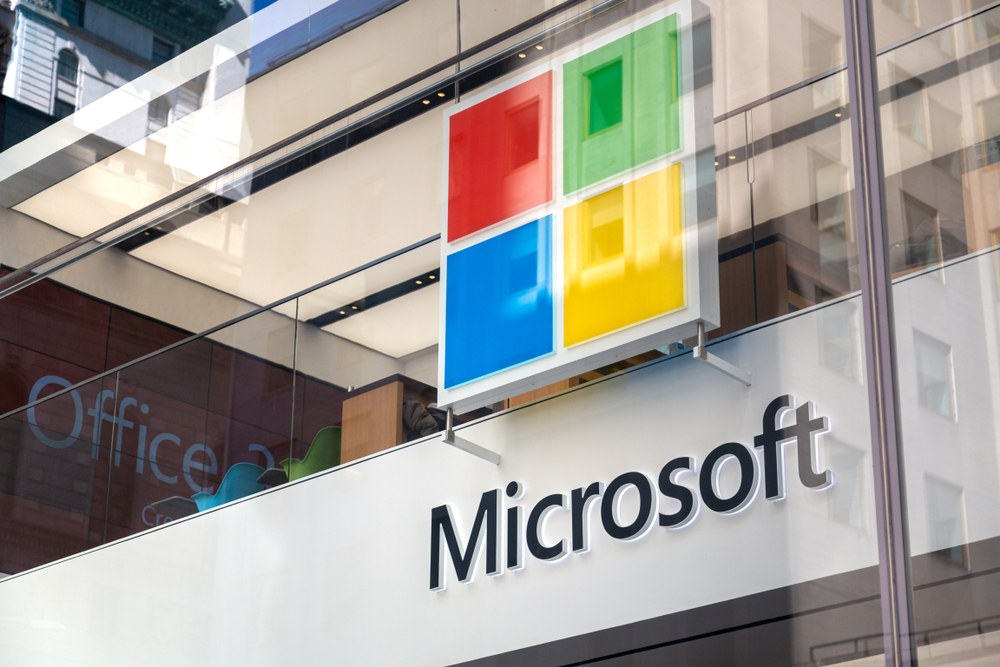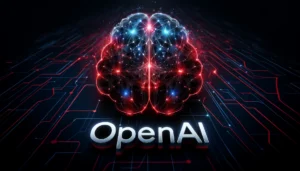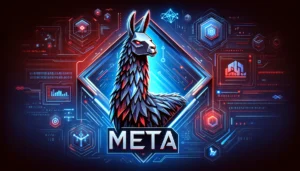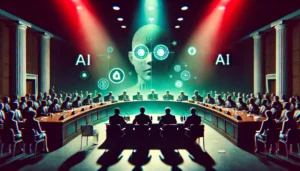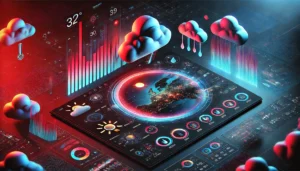Microsoft posted a job listing on its career portal for the role of “Principal Program Manager Nuclear Technology.”
The job listing gives an insight into Microsoft’s strategy to satisfy the huge amounts of energy it needs to power its cloud computing datacenters.
The exponential growth in AI processing has pushed up computing energy demand and drawn attention to AI’s carbon footprint and its effect on the environment. Apparently, Microsoft sees nuclear power as a potentially cleaner power option.
The new hire will be “responsible for maturing and implementing a global Small Modular Reactor (SMR) and microreactor energy strategy.”
The US Nuclear Regulatory Commission certified the first SMR design to be approved in the US in January. The hope is that these smaller, modular nuclear reactors will be able to provide clean energy at a lower cost than conventional nuclear power stations.
An SMR doesn’t emit greenhouse gases but it does produce radioactive waste. Our best strategy to deal with that at the moment is to bury spent nuclear fuel in concrete and wait a few hundred thousand years until it’s reasonably safe.
If you ask the researchers at Stanford they’ll tell you that in spite of the marketing claims, SMRs generate more nuclear waste than conventional nuclear power stations.
The other challenge is that you need more highly enriched Uranium (HALEU) to fuel an SMR than is required for a conventional nuclear reactor. The tricky part with this is that Russia is the biggest supplier of HALEU and the US is struggling to mine Uranium locally.
Microsoft has an interesting connection to nuclear power beyond its current power requirements. Co-founder Bill Gates founded TerraPower in 2006 to develop advanced SMR technologies. TerraPower told The Verge that it didn’t have any agreements to sell reactors to Microsoft though.
Announcing Helion’s first customer: Microsoft.
We expect to start producing electricity in the world’s first fusion power plant by 2028, dramatically shortening the timeline for commercially viable fusion energy.
Read more: https://t.co/KLBWrcjU4o
— Helion (@Helion_Energy) May 10, 2023
A company called Helion Energy is working on creating the first nuclear fusion reactor and earlier this year Microsoft signed up to be first in line if and when they get it right. Unlike nuclear fission, a nuclear fusion reaction doesn’t leave any nasty radioactive waste behind.
Helion says it will be able to start supplying Microsoft with truly clean nuclear fusion energy by 2028, but nuclear physicists are skeptical about these bold claims. Scientists have been trying to get it right since the 50’s.
OpenAI’s Sam Altman is apparently confident that it’s possible. He is Helion’s chairman and a lead investor in the company’s latest $500m funding round.
Helion says its goal is “to be able to produce electricity with no carbon emissions for 1 cent per kilowatt-hour.” At that price, it won’t just be Microsoft’s AI environmental aspirations that will be at play. That’s around 20 times less than current electricity prices.
Is it realistic to expect truly clean energy to power our AI tech any time soon? A year ago we didn’t have ChatGPT and now we’re speculating about what GPT-5 will be capable of. Who’s to say we won’t see similar technological jumps in energy production in the next year or two?

